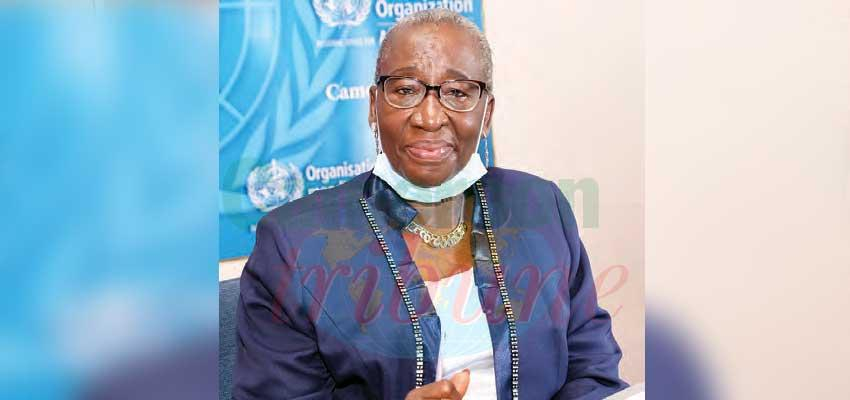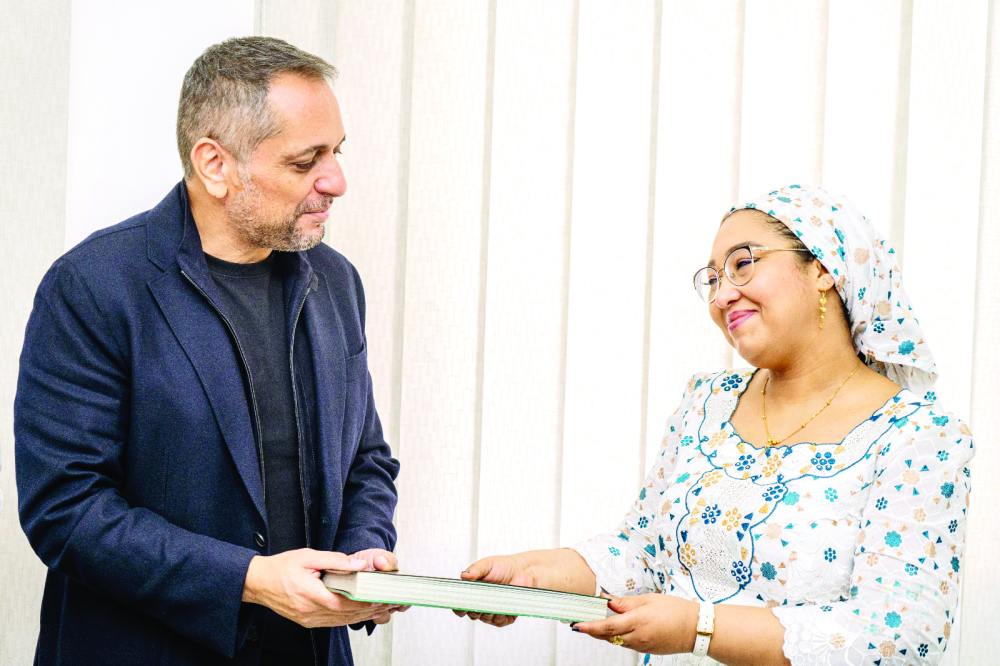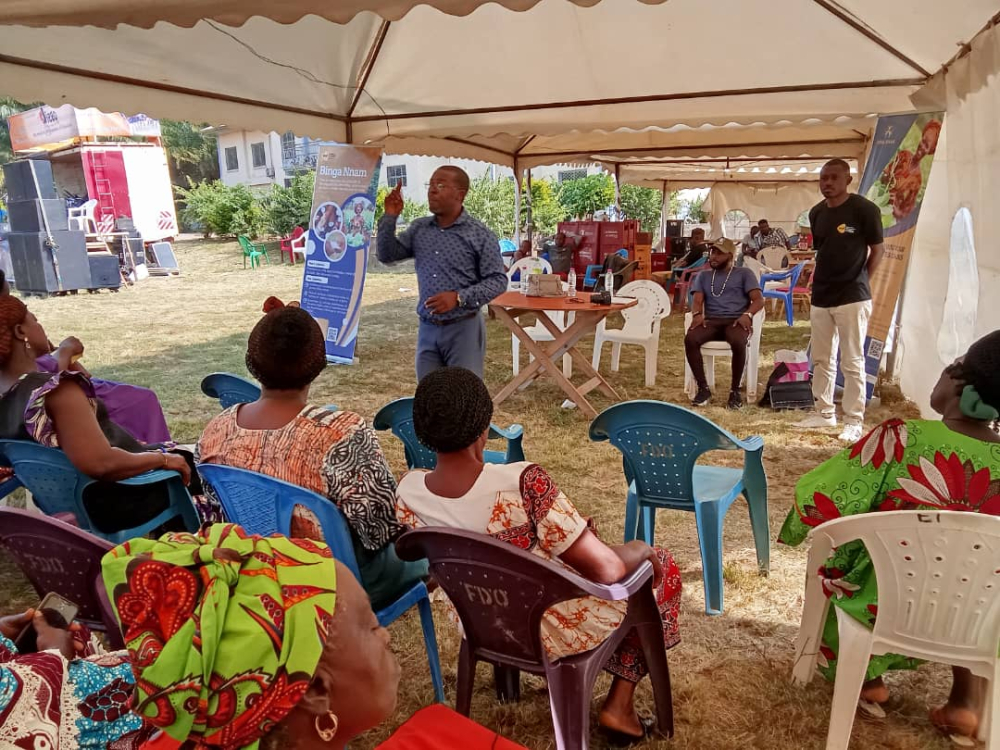“Cameroon Has More To Do Against Polio”
- Par Brenda
- 19 juin 2020 13:06
- 0 Likes

Professor Rose Gana Fomban Leke, Chairperson-African Regional Certification Commission (ARCC).
What does it mean for a country to be certified “Polio-free”?
After small-pox, polio is the second disease we are eradicating. The World Health Organisation (WHO) and its partners had put criteria for a country to be certified free from polio. As such, a country had to spend three years without any case of the wild polio virus and the surveillance of the virus had to be of certification standards. In the African region, WHO insisted on the population’s immunity; that is vaccination rate. We examined Cameroon’s documentation and realised that there is no wild polio virus circulating in the country over seven years. Before now, we used to see children with paralysis. But now in Cameroon we do not see more than five of such children. This is because vaccination against polio has been effective. Cameroon is free from the wild polio virus. But Cameroon is not polio-free because there is the circulating Vaccine-Derived Poliovirus type 2 (cVDPV2). This is because of low population immunity. This is also because after vaccination, some children still got in contact with the virus and somehow, the virus mutated. Because the population immunity is low, the virus was able to paralyse some children.
What should Cameroon do to maintain the status of a “polio-free” zone?
The country has a lot to do. The routine vaccination in Cameroon is not yet satisfactory. It has to be minimum 80 per cent. But in Cameroon, the routine vaccination rate is dropping. Routine vaccination is very important. That is why I am very glad the President Paul Biya talked about efforts and his commitments to the fight against Vaccine-Preventable as he renewed in his speech to the nation on May 19, 2020. The country is supposed to increase its routine vaccination rate. Surveillance of the virus has to be improved especially as we have the area around the northern region next to Borno in Nigeria with a lot of insecurity. That is why so many years in Cameroon, there has been difficulties handling surveillance around the area near Borno. In that area, we could find cVDPV2. This shows that surveillance in that area has been effective. This means that if there was still wild polio virus in the locality, it would have been detected. The population immunity in Cameroon has to step up and routine vaccination for children should increase and surveillance effectively monitored.
...
Cet article complet est réservé aux abonnés
Déjà abonné ? Identifiez-vous >
Accédez en illimité à Cameroon Tribune Digital à partir de 26250 FCFA
Je M'abonne1 minute suffit pour vous abonner à Cameroon Tribune Digital !
- Votre numéro spécial cameroon-tribune en version numérique
- Des encarts
- Des appels d'offres exclusives
- D'avant-première (accès 24h avant la publication)
- Des éditions consultables sur tous supports (smartphone, tablettes, PC)
















Commentaires